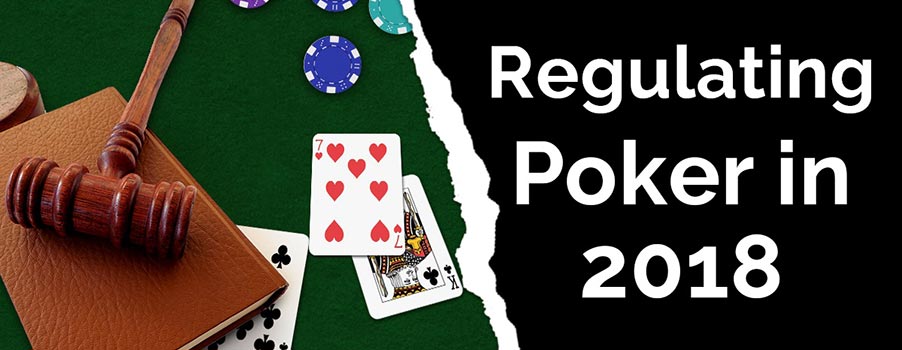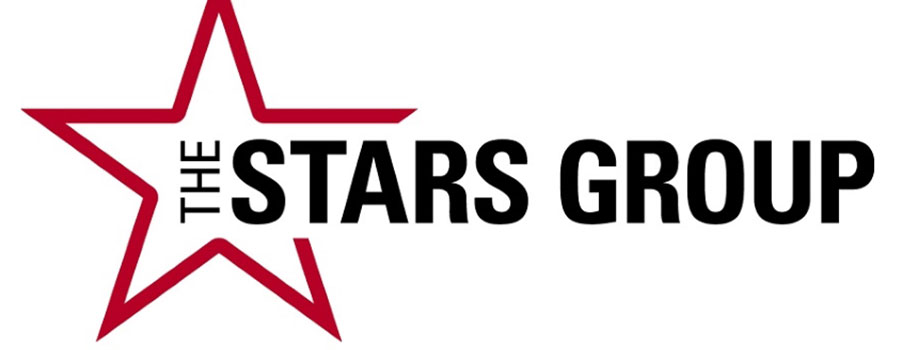LeoVegas, an online casino operator that is licensed and regulated by the UK Gambling Commission, has been fined £600,000 for failing to refund the deposits of over 11,000 problem gamblers who had requested to be barred from participating in the games the operator offers. The fine was imposed by the UK Gambling Commission which about a month ago also imposed a £1 million fine on Sky Bet for similar transgressions.
The rollout of a planned industry-wide self-exclusion scheme that has been delayed for a while now constitute a majority of LeoVegas online casino’s failings – the scheme would allow gamblers who were developing addictions to voluntarily bar themselves from placing bets with any gambling operator under the gambling commission’s jurisdiction.
The regulator conducted an investigation whose findings revealed that 1,894 LeoVegas online casino customers were deliberately targeted by marketing material that was sent directly to them even though they had already signed up to the platform’s self-exclusion scheme. Also, the online casino allowed over 400 of its customers to bet £200,000 over two months without any intervention by the company – the company did not even advise them to apply for its 24-hour “cooling-off” period.
Moreover, the commission also found that the online casino failed to return funds that were deposited by 11,205 customers who had chosen to self-exclude and close their accounts. However, as part of the settlement, the casino will be returning more than £14,000 to the affected customers. The fine that was imposed on LeoVegas also happens to encompass 41 misleading advertisements that it had issued between April 2017 and January 2018 including adverts that failed to mention the restrictions that were part of certain promotions offered by the platform.
“The outcome of this case should leave no one in any doubt that we will be tough with licenses holders who mislead consumers or fail to meet the standards we set in our license conditions and codes of practice,” said Neil McArthur, the UK Gambling Commission’s chief executive. “We want operators to learn the lessons from our investigations and use those lessons to raise standards.”
Despite having been fined by the Gambling Commission, the company has continued to post positive numbers and reports for year on year growth. In the first quarter of this year, for instance, the operator’s revenue went up 76 percent to a whopping £ 68.2 million. Everything is about to get better for the company regardless of the fine since its management has expressed “high ambitions for compliance with laws and regulations” so as to continuously improve its processes and procedures.
“We have had discussions with the UK Gambling Commission, UKGC, on suspected cases of breaches of the British gaming rules. A clear majority of cases are attributable to affiliate marketing. It’s good that UKGC puts increased demands on us in the gaming industry. It is an advantage for serious actors who both have the will and ambition to work in a regulated market,” LeoVegas online casino’s officials commented.










